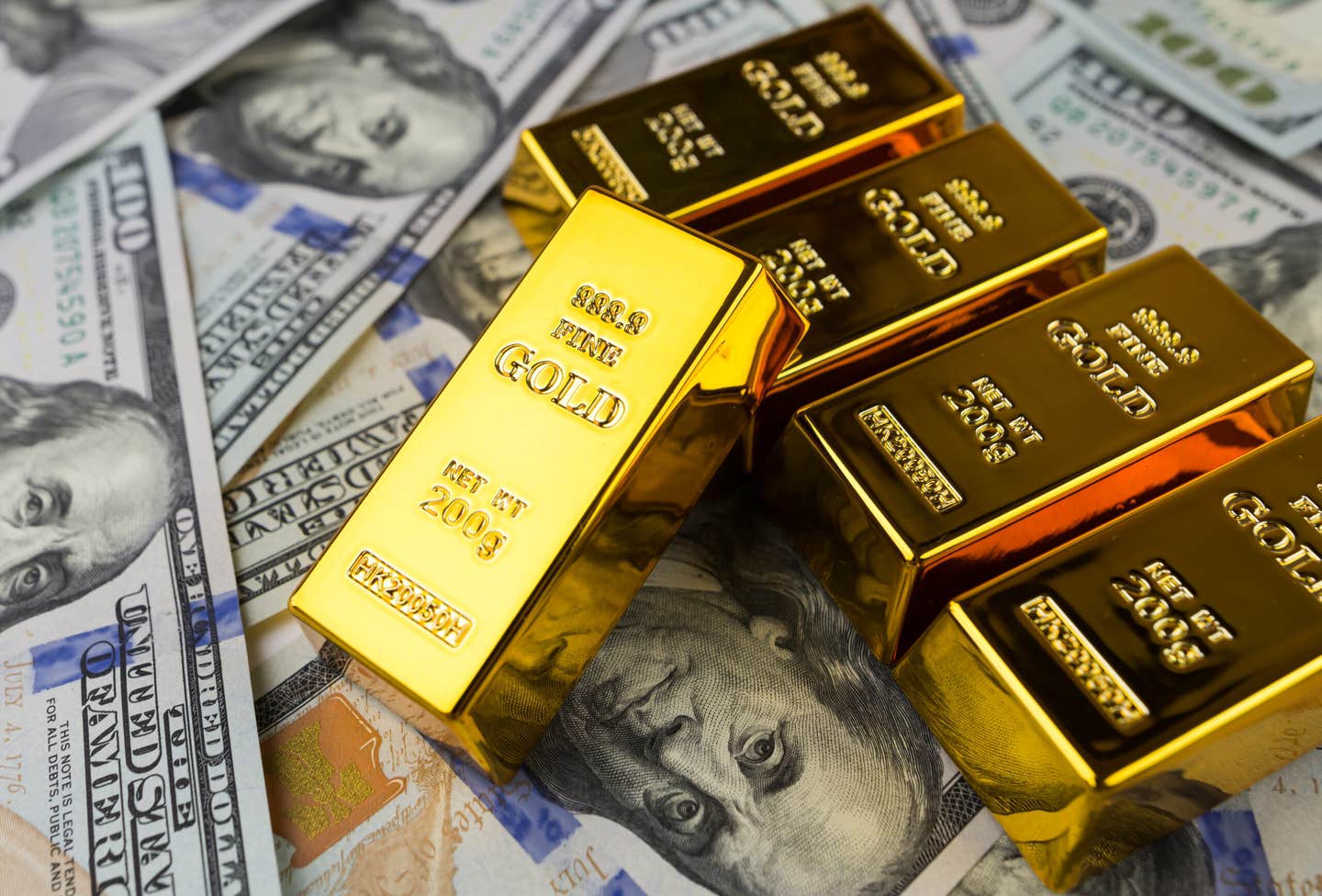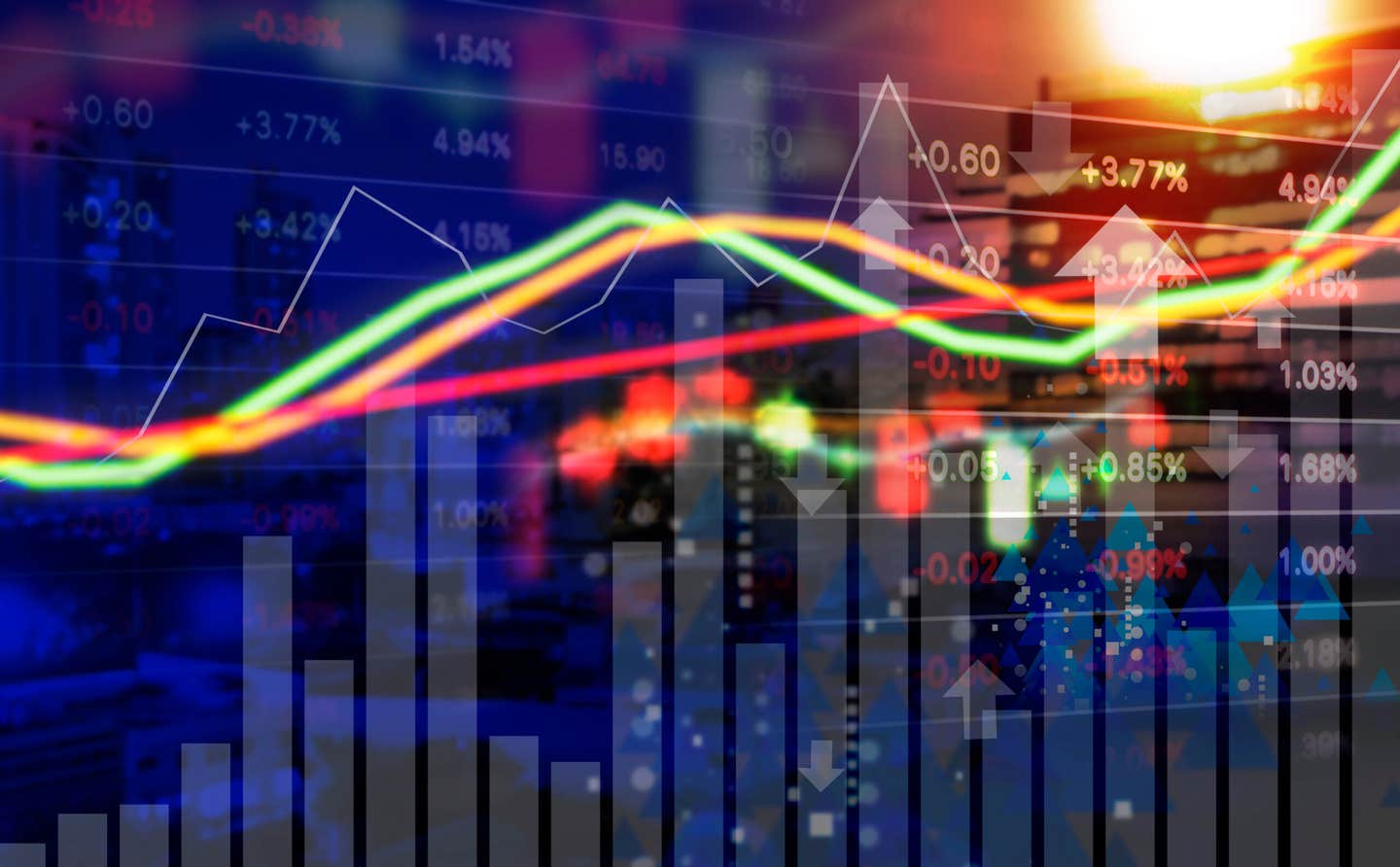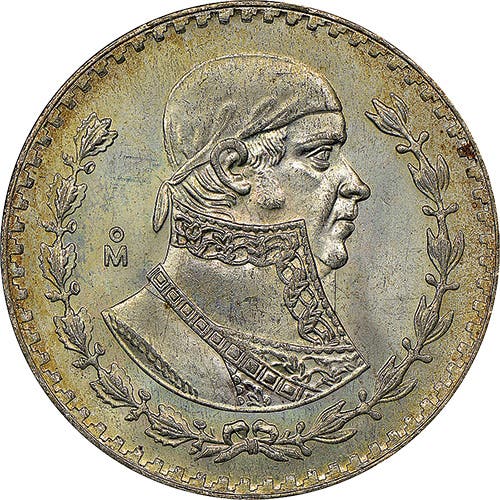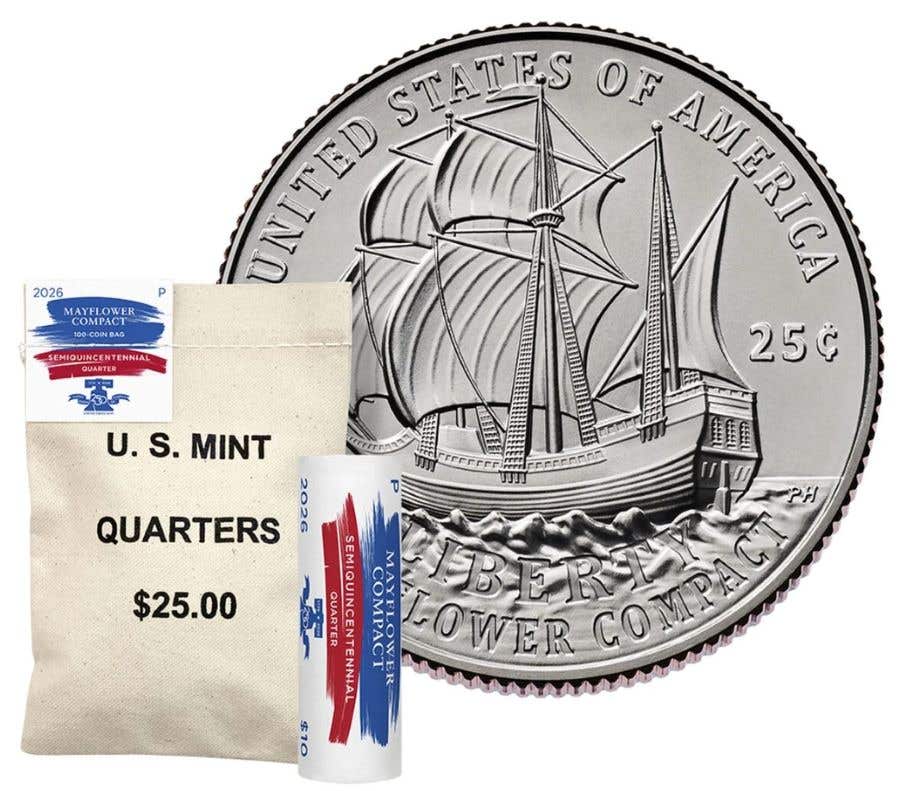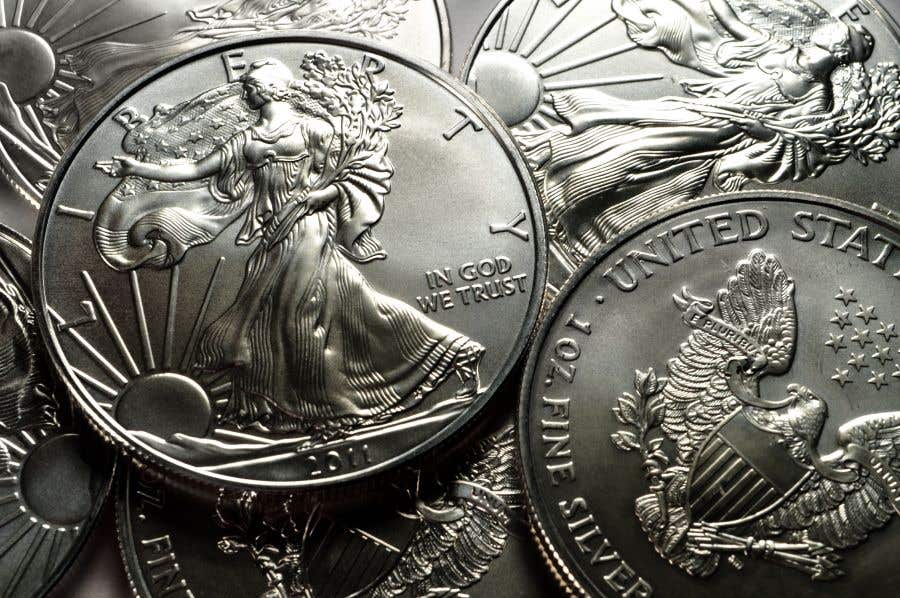Will Investor Lawsuits Flood Bullion Banks?
Over the past several years, there have been several government charges of price manipulation filed against banks that trade precious metals on behalf of customers. Most of these lawsuits have…
Over the past several years, there have been several government charges of price manipulation filed against banks that trade precious metals on behalf of customers. Most of these lawsuits have been settled before trial, with banks paying fines to the U.S. and other governments. A few cases have been brought to trial, with some convictions obtained.
The fines paid by JPMorgan Chase, Deutsche Bank, HSBC, Barclays Bank, Scotia Bank, Societe Generale and others (by the way, each of them is a primary trading partner of the Federal Reserve Bank of New York) total into the billions of dollars. Yet market observers acknowledge that the profits these banks realized from the manipulation of precious metals prices are far greater than the fines paid.
Up to now, virtually all of the payments by banks for manipulating precious metals prices have gone to governments. As long as banks continue making profits much greater than the fines they pay, is there really a deterrence against future such behavior?
However, that might change in the near future.
At the end of September 2020, JPMorgan Chase & Co. entered into a deferred prosecution agreement with the U.S. Department of Justice to settle criminal charges for two different infractions. One of the charges was for the unlawful trading of precious metals futures contracts from 2008 to 2016. In total, the bank paid $920 million to settle these charges. You can read the U.S. Justice Department news release on this matter here.
On the basis of this settlement, an investor class action federal lawsuit was filed in Manhattan. It sought damages from the bank for losses sustained by victimized investors as a result of the intentional manipulation of precious metals futures and options. This case sought $915 million in damages.
On Friday last week, JPMorgan Chase agreed to pay the plaintiffs $60 million to settle this case. As I write this, the settlement agreement has not yet been approved by the judge, but this should only be a formality.
With the mounting number of convictions and case settlements over the manipulation of precious metals prices, I have been waiting for the victims harmed as a result of such bank actions to seek recovery of their losses. The potential size of losses sustained by investors and, equally important, by mining companies and their shareholders, could dwarf the fines that have been paid to governments.
This first investor settlement just might be the opening salvo of what could turn into a flood of lawsuits against banks that have traded precious metals for customers, where the customers sustained either losses or lower profits because of the illegal actions by banks.
If such lawsuits do proliferate, that would almost certainly lead to a significant curtailment of precious metals price suppression actions by these banks. In the absence of such tactics in the future, you could see more rapid increases in future precious metals prices.
Stay tuned for developments.
Patrick A. Heller was honored as a 2019 FUN Numismatic Ambassador. He is also the recipient of the American Numismatic Association 2018 Glenn Smedley Memorial Service Award, 2017 Exemplary Service Award, 2012 Harry Forman National Dealer of the Year Award and 2008 Presidential Award. Over the years, he has also been honored by the Numismatic Literary Guild (including in 2021 for Best Investment Newsletter), Professional Numismatists Guild, Industry Council for Tangible Assets and the Michigan State Numismatic Society. He is the communications officer of Liberty Coin Service in Lansing, Mich., and writes Liberty’s Outlook, a monthly newsletter on rare coins and precious metals subjects. Past newsletter issues can be viewed at www.libertycoinservice.com. Some of his radio commentaries titled “Things You ‘Know’ That Just Aren’t So, And Important News You Need To Know” can be heard at 8:45 a.m. Wednesday and Friday mornings on 1320-AM WILS in Lansing (which streams live and becomes part of the audio archives posted at www.1320wils.com).




